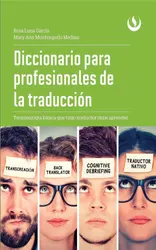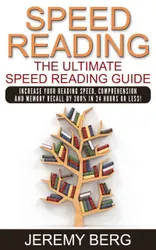What is Data Compression
In information theory, data compression, source coding, or bit-rate reduction is the process of encoding information using fewer bits than the original representation. Any particular compression is either lossy or lossless. Lossless compression reduces bits by identifying and eliminating statistical redundancy. No information is lost in lossless compression. Lossy compression reduces bits by removing unnecessary or less important information. Typically, a device that performs data compression is referred to as an encoder, and one that performs the reversal of the process (decompression) as a decoder.
How you will benefit
(I) Insights, and validations about the following topics:
Chapter 1: Data compression
Chapter 2: Audio file format
Chapter 3: Codec
Chapter 4: JPEG
Chapter 5: Lossy compression
Chapter 6: Lossless compression
Chapter 7: Image compression
Chapter 8: Transform coding
Chapter 9: Video codec
Chapter 10: Discrete cosine transform
(II) Answering the public top questions about data compression.
(III) Real world examples for the usage of data compression in many fields.
Who this book is for
Professionals, undergraduate and graduate students, enthusiasts, hobbyists, and those who want to go beyond basic knowledge or information for any kind of Data Compression.




































